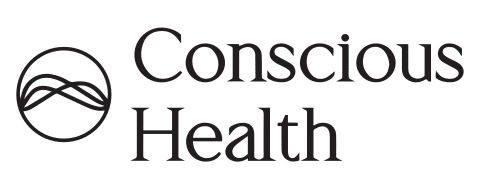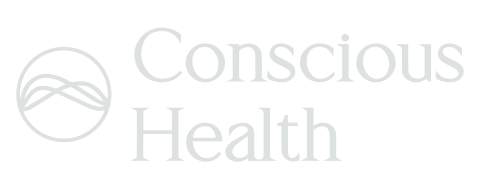The concept of recovery is a fundamental principle of addiction treatment. But what does it actually mean to be in addiction recovery, and how can you get started?
What Does Addiction Recovery Mean?
Most experts define substance use disorders (addictions) as chronic diseases, a category that also includes medical concerns such as arthritis, epilepsy, and diabetes. As with these and other long-term physical conditions, the goal of addiction treatment is to minimize distress and help patients manage their symptoms.
Even after a successful treatment experience, it would be inaccurate to refer to someone as being “cured” of the compulsion to abuse alcohol or other drugs, because the underlying urge to engage in this self-defeating behavior is never fully eradicated.
Instead, when an individual re-establishes control of their thoughts and actions and begins to live a drug-free life, they are typically described as being in recovery from addiction.
How Do People Begin Addiction Recovery?
Maintaining lifelong abstinence from addictive substances requires constant vigilance as well as the ability to overcome an array of challenges and obstacles. For many people, one of the earliest challenges in this process is deciding how to begin their addiction recovery efforts.
Recovery is an intensely personal experience that can look quite different from one individual to the next. However, there are certain common steps that most people can expect to take as they work to build a healthier future for themselves and their loved ones.
Three common steps in early recovery are:
- Acknowledging the problem: You can’t solve a problem until you recognize that it exists. In the case of addiction and recovery, you can’t begin to truly heal without admitting that you’ve lost the ability to control your behaviors around alcohol or other drugs.
- Consulting with an expert: This can include talking to your doctor about your substance use or scheduling an assessment with an addiction treatment provider in your area. Being evaluated by a qualified professional can help you understand the scope of your needs, which may also include anxiety, depression, or other common co-occurring mental health concerns. Once you’ve been accurately diagnosed, the professional who conducted your assessment should also be able to help you explore your treatment options.
- Entering treatment: Effective addiction treatment can occur in many environments, including inpatient, residential, and outpatient programs. If intense withdrawal symptoms have been preventing you from ending your drug use, a detoxification (detox) program may be the ideal place to begin treatment. There’s no single “perfect” program or progression that works for everyone, so it’s important to take the time to find the treatment provider whose services best align with your history, needs, and goals.
Using NAD+ Therapy to Help With Addiction Recovery
Depending on the scope of your needs and the parameters of the program you’re in, your addiction treatment plan may involve a range of therapies, educational sessions, and support services. If you are receiving care for an addiction to heroin, prescription painkillers, or other opioids, you may also receive medication to ease your withdrawal symptoms and curb your cravings.
Traditionally, the therapeutic aspect of addiction treatment has included approaches such as cognitive behavioral therapy (CBT), dialectical behavior therapy (DBT), and acceptance and commitment therapy (ACT).
These remain valid components of effective treatment, but they don’t work for everyone. If you have only received limited benefits from traditional psychotherapies (talk therapies), please know that there are a range of additional options that can help you establish a solid foothold in early recovery from addiction.
At Conscious Health in Los Angeles, CA, our dynamic array of outpatient addiction services includes an innovative type of treatment called nicotinamide adenine dinucleotide (NAD+) therapy.
NAD+ is a coenzyme that plays a vital role in several important functions, including regulating metabolism, converting food into energy, and maintaining a healthy sleep/wake cycle. Humans typically get NAD+ through diet, as it is naturally present in foods such as fish, milk, green veggies, and whole grains.
Research has shown that IV (intravenous) injections of NAD+ can be helpful to people who are in the early stages of addiction recovery.
A May 2020 study in the journal Antioxidants reported that NAD+ therapy may offer “significant clinical benefit” for people who are in the process of withdrawing from alcohol or opioids. These potential benefits, the study’s authors wrote, include:
- Alleviation of cravings and other withdrawal symptoms
- Management of addictive behaviors
- Improvements in psychological well-being for those who have certain mental health concerns
- Lack of adverse effects when NAD+ is administered at an appropriate rate
When incorporated into a comprehensive, personalized addiction treatment plan, NAD+ can help you end your substance abuse and begin to build a solid foundation for successful recovery.
Additional Resources for Those in Recovery
If you are in recovery from addiction, thinking about entering treatment, or supporting someone who has a substance use disorder, the following resources may be helpful:
- SMART Recovery
- Alcoholics Anonymous (AA)
- Al-Anon Family Groups
- Narcotics Anonymous (NA)
- World Health Organization (WHO)
- National Institute on Alcohol Abuse and Alcoholism (NIAAA)
- National Institute on Drug Abuse (NIDA)
- U.S. Centers for Disease Control and Prevention (CDC)
- Substance Abuse and Mental Health Services Administration (SAMHSA)
Contact Conscious Health to Learn How Our NAD+ Helps with Addiction Recovery
If you have been unable to escape the downward spiral of compulsive substance use, Conscious Health is here to help.
Our addiction rehab center in Los Angeles, CA, is a safe and supportive place where you can receive personalized outpatient care for addictions and certain co-occurring mental health disorders.
When you choose Conscious Recovery, you can expect to receive concierge-level care that includes a variety of innovative, evidence-supported therapies and services. Working in close collaboration with a small team of dedicated experts, you can take substantial strides toward a much healthier and more hopeful future in recovery.
To learn more about how we can help you or a loved one, or to schedule a free consultation, please visit our Contact page or call us today.
Published: 3/26/2025



